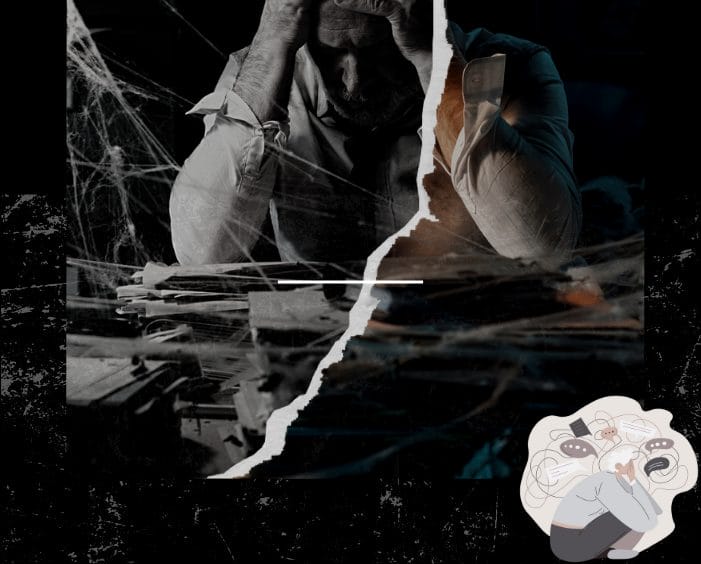
The internet is a weird place. You can find pictures of cats, deep dives about a niche franchise older than you are, or in some cases, people talking about their existential crisis/incidents they just emerged from. Things ranging from “I’m 35 years old and after so much burnout and deep depression, I’ve finally found my drawing style” to “I’ve finally realized what I’ve been missing in life. It wasn’t another car, but a purpose in life”. And when I look at these posts, sorry if I come off as rude, but I can’t relate. Not to the posts about finally finding a job/house and thus becoming less stressed, but the previous examples I listed, the ones about higher callings, or finally overcoming past problems, or moving on past material wealth. Whenever I see stories like those, I think to myself “It took you that long to find your drawing style?” or “I thought purpose being more important than cars was kind of given”. Going back to my previous statement of saying that I can’t relate to that, it’s a bit more complex than that. In some ways, I can understand, but in others, I can’t.
I can understand the feeling of an existential crisis. I’ve had them before, and I think that every human will have them at least once. Keep in mind that an existential crisis is defined by a period of questioning one’s life decisions/purpose/identity. Nothing in the definition about it having to be long or extremely detrimental. I have had times where I thought I was going down the wrong path, or where I’ve had meltdowns of disproportionate negativity, or where I’ve felt like I wasn’t good at anything/didn’t have a purpose, but these always lasted for a short time; a few days at most. Sure, they were intense, but I was always able to carry on and learn my lesson from it. For the longest time, until one month ago actually, I thought that I was an especially dysfunctional case, that because of my autism I was an all around emotionally unstable wreck of a child. But now, I learn that I am actually a more tame case of meltdowns, that I wasn’t actually that bad. This makes me feel ¾ relieved, ¼ worried. On one hand, I am so relieved that I wasn’t such a horrible person and pain to deal with. On the other hand, if what I consider terrible is actually fine, how bad can people get? The answer is, ten years or more, running on empty, hopelessly and aimlessly wandering around bad. Oftentimes however, these situations seem to stem from rather simple problems or ones that could have been countered early on. Taking time to reflect throughout your day instead of trying to hurry on to the next thing. Remembering to take a mental health day off instead of trying to power through. Dealing with subconscious feelings of anxiety. All of these are simple things, but when small problems like these are ignored, they can grow exponentially. Not thinking about the reasoning behind one’s actions can lead to disillusionment over one’s purpose. Not taking time off to relax the mind can lead to month long burnout and depression. Small worries can soon blow up to a full panic attack. Just like it isn’t a good idea to pay your housing bills late when you can pay them early, it isn’t a good idea to put off your problems. Problems are like bags of trash. In the beginning, they might not smell that bad or be tolerable, but they must be disposed of/solved. Don’t deal with them and they start to smell. Flies start flying around and other disgusting things. Keep on ignoring them and soon it becomes a health hazard so deadly anybody within range not wearing a hazmat suit passes out from the noxious rotting garbage. What’s the solution? Take out the trash before it becomes a health concern! Confront your anxieties, your worries, and your concerns before they become too heavy for you to carry.



